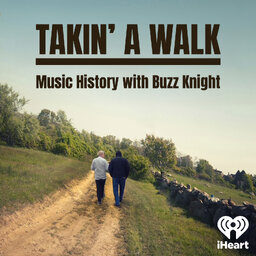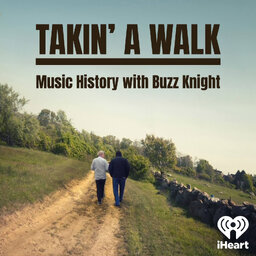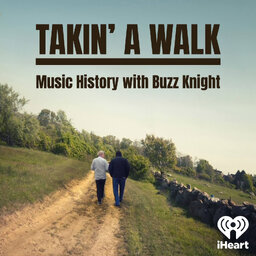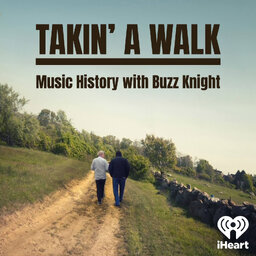" Danny Kortchmar: Shaping the Sound of a Generation."
Join @thebuzzknight for this episode with the iconic guitarist, session musician, producer and songwriter Danny Kortchmar. His work with artists such as Carole King, James Taylor, Linda Ronstadt, Don Henley and many others is the soundtrack of a generation. Danny is also part of "The Immediate Family" the supergroup of session players which is also the title of a documentary of the same name.
If you have questions or suggestions write buzz@buzzknightmedia.com
Find us on Instagram @takinawalkpodcast.
If you like the show please share with your friends and leave us a review here. Review
 Takin' A Walk - Music History with Buzz Knight
Takin' A Walk - Music History with Buzz Knight


